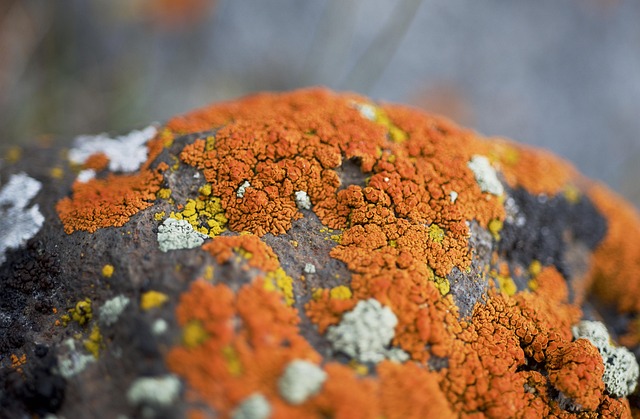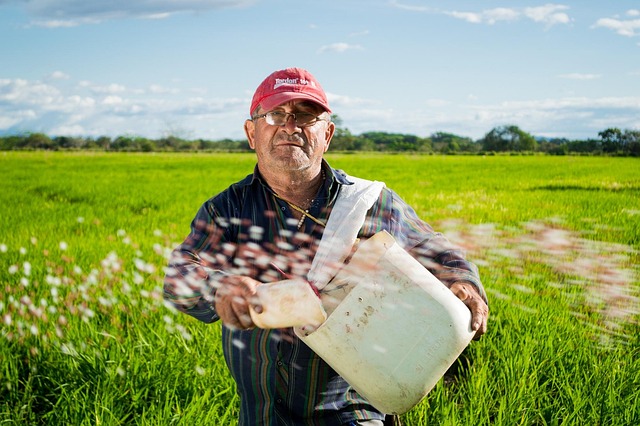When we think about creating a flourishing vegetable garden, we often focus on sunlight, water, and the plants themselves. However, there’s a whole world beneath our feet that deserves our attention: soil-dwelling organisms. These tiny yet mighty creatures play a crucial role in the health of our gardening ecosystems and are essential partners in our quest for sustainable practices.
Soil-dwelling organisms include earthworms, fungi, bacteria, and various insects. These organisms not only help decompose organic matter but also promote nutrient cycling within the soil. By incorporating these natural allies into our gardening practices, we can cultivate green environments that thrive over time, embracing the harmony of nature.
One of the primary environmental benefits of enhancing soil health through these organisms is the reduction of chemical fertilizers. When the soil is teeming with life, it can naturally provide the nutrients that plants need to grow. For instance, earthworms aerate the soil and create pathways that improve drainage and increase the availability of nutrients. This not only promotes healthier plants but also decreases the need for synthetic fertilizers, thus reducing our ecological footprint and promoting a greener planet.
Additionally, soil-dwelling organisms play an essential role in carbon sequestration. As these organisms break down organic materials, they contribute to the formation of humus—a stable form of organic matter that stores carbon. This process aids in combating climate change by keeping carbon locked away in the soil, preventing it from entering the atmosphere as CO2. By nurturing these organisms, gardeners can actively participate in environmental stewardship while growing their own food.
Incorporating practices that support soil-dwelling organisms in your garden can be simple and rewarding. Start by adding compost, which provides food for these beneficial organisms. You can also practice no-till gardening, where soil disturbance is minimal, allowing the complex networks of life to thrive undisturbed. Moreover, planting a diverse range of plants encourages different species of soil organisms to flourish, promoting a vibrant ecosystem underneath the soil surface.
The connection between our gardens and the health of the planet is profound. Each vegetable we grow offers a chance to make eco-friendly choices by understanding the intricate web of life that exists below ground. By fostering relationships with soil-dwelling organisms, we become more than just gardeners; we evolve into stewards of nature, dedicated to nurturing both our plants and the earth.
So next time you dig your hands into the soil, remember the unseen allies working tirelessly around you. By uncovering the benefits of soil-dwelling organisms in your vegetable garden, you’re not just growing fresh produce; you’re contributing to a healthier environment and playing a vital role in preserving the natural world for generations to come. Let’s cultivate a future that honors the delicate balance of nature and promotes a thriving planet.




